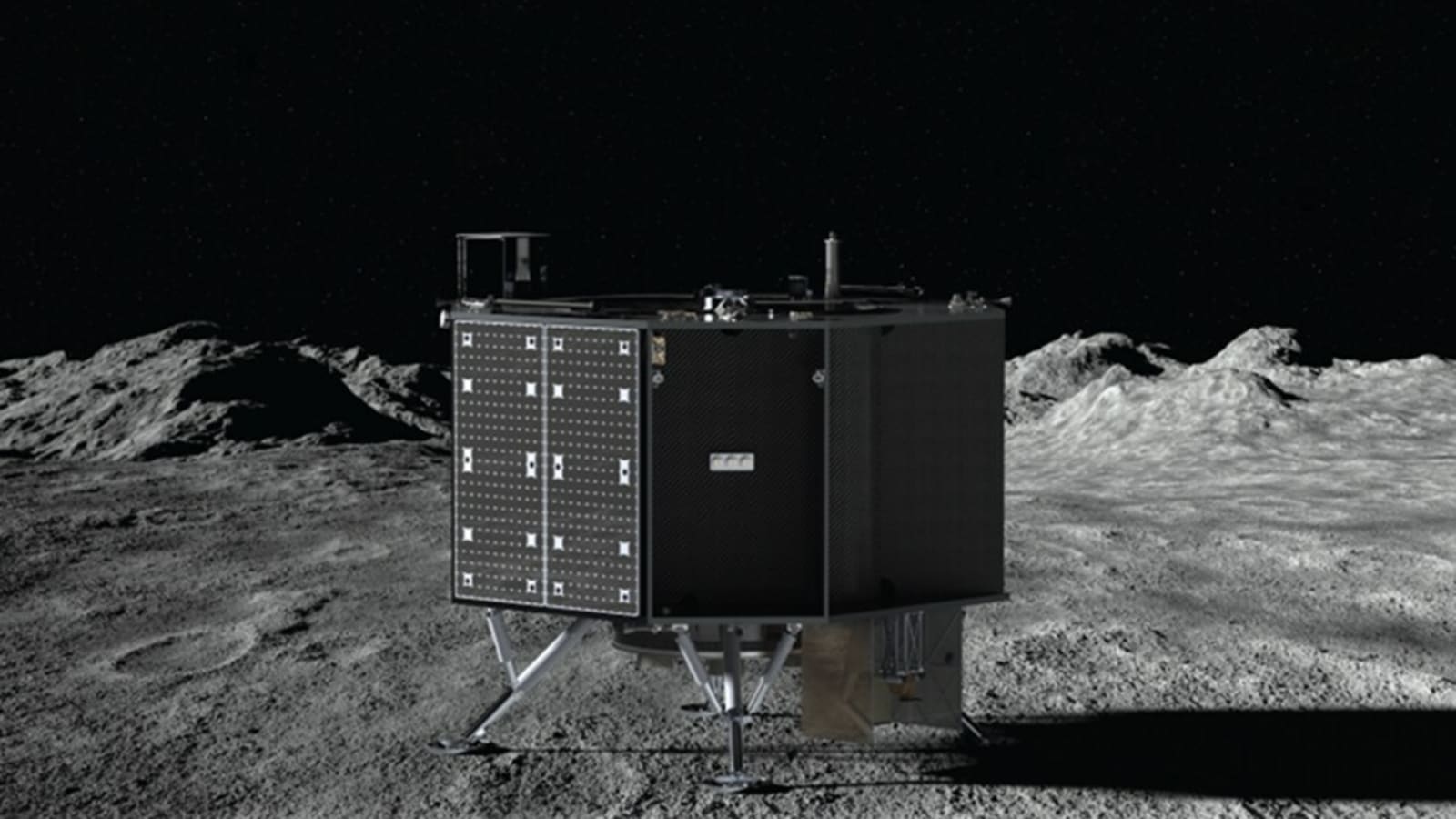Draper wins NASA contract; to carry instruments to moon to measure moonquakes
NASA has awarded a contract to Draper of Cambridge, Massachusetts to carry instruments to the moon that will measure moonquakes, its internal temperature, and its electrostatic properties.
Now instruments will be carried to the moon that will measure moonquakes, the moon’s internal temperature, and its electrostatic properties. Draper of Cambridge, Massachusetts has won a NASA contract for the same and will deliver Artemis science investigations to the Moon in 2025. According to the information provided by NASA, the commercial delivery is part of NASA’s Commercial Lunar Payload Services (CLPS) initiative under Artemis. Informing about the same NASA Moon tweeted, “Draper has just won a NASA contract to carry instruments to the Moon that will measure moonquakes, the Moon’s internal temperature, and its electrostatic properties. Draper’s SERIES-2 lander will venture to Schrödinger Basin near the Moon’s South Pole.”
In another tweet, NASA further informed that Schrödinger Basin is an impact crater about 200 miles in diameter that contains evidence of volcanic activity. Visiting the basin will enable the scientists to better understand the moon’s surface and interior.
It can be known that Draper will receive USD 73 million for the contract, and is responsible for end-to-end delivery services, including payload integration, delivery from Earth to the surface of the Moon, and payload operations. This award is the eighth surface delivery task award issued to a CLPS vendor.
Schrödinger Basin is one of the youngest impact basins on the lunar surface whose impact uplifted deep crust and upper mantle of the Moon in its peak ring. Later, the inner basin was the site of a large volcanic eruption. Scientists hope to study the thermal and geophysical properties of the lunar interior as well as electric and magnetic properties in a landing location shielded from Earth’s electromagnetic fields.
According to NASA, two of the three investigations selected for this flight are part of NASA’s Payloads and Research Investigations on the Surface of the Moon (PRISM) call for proposals. Draper will deliver the three investigations that will collectively weigh about 209 pounds (95 kilograms) in mass and include the Farside Seismic Suite (FSS), which aims to return NASA’s first lunar seismic data from the far side of the Moon.
This new data could help scientists better understand tectonic activity on this region of the Moon, reveal how often the lunar far side is impacted by small meteorites, and provide new information on the internal structure of the Moon. The instrument consists of the two most sensitive seismometers ever built for spaceflight. FSS is one of two PRISM selections. It is funded through NASA in collaboration with the Centre National d’Etudes Spatiales (CNES) – the French Space Agency – and is led by NASA’s Jet Propulsion Laboratory in Southern California.
For all the latest Technology News Click Here

